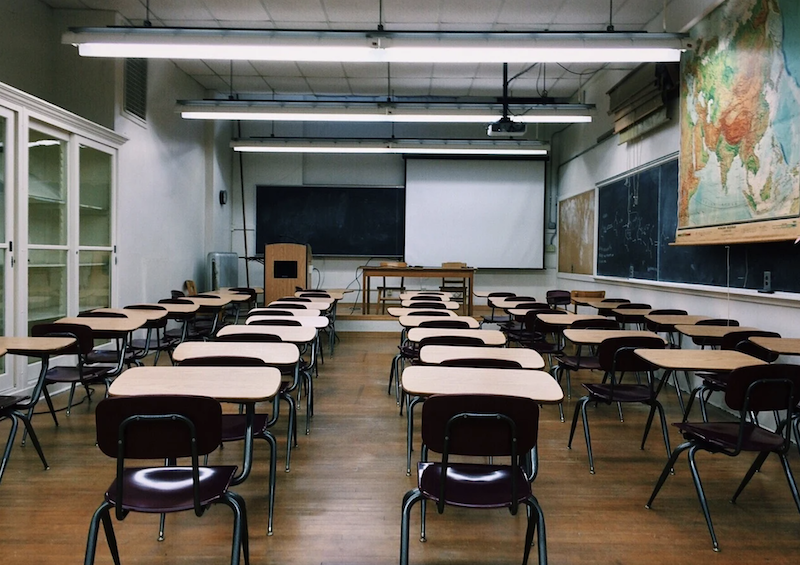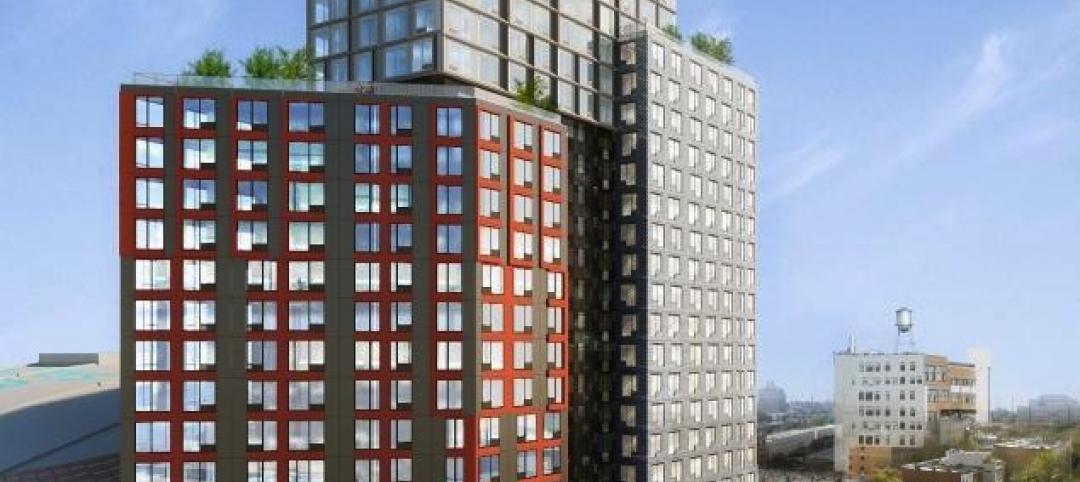A majority of school districts in the U.S. have taken measures to improve indoor air quality during the COVID-19 pandemic, according to a report from the Center for Green Schools at the U.S. Green Building Council and ASHRAE.
But many districts still have unmet needs, while facing high costs and outdated building infrastructure. “The results of the survey show that schools have implemented some protective measures to improve IAQ, prioritizing ventilation and filtration to reduce the transmission of the virus,” a USGBC news release says.
The report “provides a wide-scale, foundational framework to school leaders and lawmakers alike towards the implementation of new building design guidelines and to advance health and sustainability goals,” the release says.
The report’s findings include:
• School districts that have been able to act have leaned heavily on their mechanical systems, such as increasing air supply through HVAC systems or upgrading filters to implement protective air quality measures for students and teachers.
• Only two-thirds of respondents were regularly monitoring IAQ before the pandemic, indicating that providing time, staff, and funding for regular monitoring and data collection has not been a priority for many districts in the past.
• Respondents want to continue the measures implemented during the pandemic, citing student and teacher health. Seventy percent of school districts plan to continue some or all of the strategies they’ve implemented.
Related Stories
| Jul 26, 2013
Cities should reconsider rooming houses to build affordable housing stock, says expert
Building codes have effectively outlawed the bottom end of the private housing market, driving up rents on everything above it, argues the Sightline Institute's Alan Durning.
| Jul 17, 2013
WorldGBC, IFC pledge to rapidly scale up green construction in emerging markets
IFC, a member of the World Bank Group, and the World Green Building Council (WorldGBC) are collaborating to rapidly scale up the construction of green buildings in emerging markets.
| Jul 17, 2013
Louisiana governor signs $250 million bill for 29 community college projects
Louisiana Gov. Bobby Jindal signed into law this month a bill that provides $251.6 million for 29 projects at Louisiana Community and Technical College campuses.
| Jul 17, 2013
U.S. House continues to block enforcement of light bulb standards
The House of Representatives last week voted to block the enforcement of light bulb standards that many say would effectively force people to buy more expensive compact fluorescent bulbs.
| Jul 17, 2013
Should city parking space requirements be abolished?
Some cities are deliberately discouraging construction of new parking spaces by allowing the construction of buildings with a lower ratio of parking spaces to dwellings (as low as 0.75 spaces per residence).
| Jul 17, 2013
EPA continues work on new federal stormwater regulations that are expected to impact development
The Environmental Protection Agency continues to develop new stormwater regulations that are expected to force project developers to write stormwater considerations into designs.
| Jul 11, 2013
DOE releases stricter energy efficiency standards for new federal buildings taking effect in 2014
The Energy Department released stricter energy efficiency standards this month for new federal buildings.
| Jul 11, 2013
Pennsylvania legislators work on bill to update demolition codes following fatal building collapse
Pennsylvania lawmakers are working on a bill to update demolition codes, in the wake of a fatal building collapse in Philadelphia in June.
| Jul 11, 2013
Lawsuit challenges modular apartment project in New York City
A plan to build pre-fab apartment buildings at Atlantic Yards in Brooklyn, N.Y., has been challenged by a lawsuit filed by the Plumbing Foundation in Manhattan Supreme Court.
| Jul 5, 2013
OSHA to launch program to protect workers from isocyanate exposure
The Occupational Safety and Health Administration (OSHA) has announced a new national emphasis program (NEP) to protect workers from serious health effects caused by occupational exposure to isocyanates.













